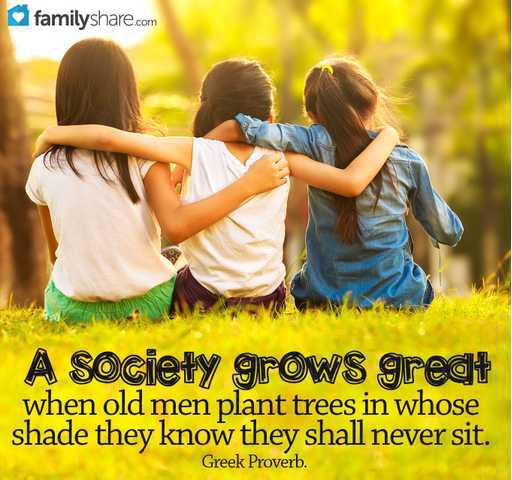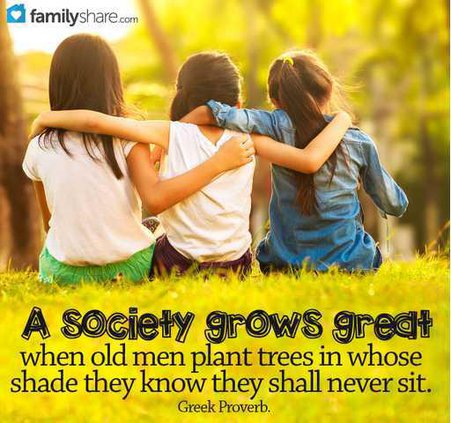In an article titled "What Our Words Tell Us," columnist David Brooks makes the following statement: "Over the past half-century, society has become more individualistic. As it has become more individualistic, it has also become less morally aware."
He bases his conclusion on two studies that indicate a decline in the frequency of words such as “virtue,” “decency” "honesty,” “patience” and “compassion," as well as "faith." Brooks further asserts that the deterioration of these words in our language has been accompanied by a sharp rise in terms, such as “subjectivity,” and "individualism."
What price will we pay for becoming a loose federation of individuals?
Perhaps we might conclude, then, that while it may have been fashionable fifty years ago to be morally aware and place the needs of families and communities over the needs of individuals, today it is more common to believe instead that "I come first."
Former US President John Kennedy famously said: "Ask not what your country can to for you, but for what you can do for your country." Perhaps we might paraphrase his statement: Ask not what your family or your community can do for you, but what you can do for your family and your community. What price are we paying for becoming a loose federation of individuals, rather than a society of tightly-knit families?
What is the cost to a child, when a parent puts his needs first?
Greg and Katy (names changed) fell in love and were married. They had both been raised in homes where family, faith, and commitment mattered, and they shared those values. A few years later, they welcomed the birth of a beautiful baby. Greg was in a prestigious medical school and doing very well. Katy was working to support him and raise their small daughter. Life was good.
Then one day, just as Greg neared graduation, he came home and told his wife that he needed someone different. At about this same time, he abandoned his faith and belief in God and left his community of faith. Greg eventually concluded that his needs should come ahead of his wife's and son's, and he told Katy he wanted a divorce. As it turned out, Greg was already having an affair with another woman when he made these life-altering decisions. He rarely sees his young son who is now being raised by a single mother.
As you read this story, are you saying to yourself, "Greg is selfish for abandoning his wife and son, or are you thinking instead, "It's his life, and he deserves to go with whatever makes him happy?"
What really makes us happy?
Greg's story is unfortunately not that uncommon.The media is rife with similar stories of celebrities and politicians who cheated on spouses, sometimes abandoning their families, all in the name of happiness and self fulfillment. These glamorous people may appear to have it all. But do they really? Are they better off for having traded individualism and materialism for family and faith? It turns out the answer is no.
Our children are not happy because of the material things we give them, or because we put our needs before theirs. Their happiness is in direct proportion to how much we love and care for them.
Why stepping outside ourselves can be magical
It feels good when we step outside ourselves and think about someone else. There's something almost magical about what it does for our own sense of well-being to give back to others. When we love and serve those in our families and in our communities, we make the world a better place to live, both for ourselves and our families.
You can reach Susan at: susanswann7@hotmail.com
Putting family over self: why it matters





